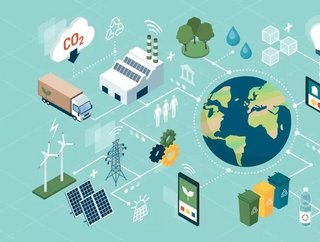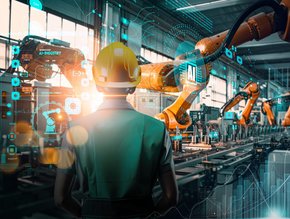Unilever to eliminate fossil fuels from cleaning products

Unilever, which owns Omo, Cif, Sunlight and Domestos brands, said that instead of petrochemicals the products would substitute constituents created from plants and other biological sources, marine sources such as algae and waste materials.
Chemicals used in its cleaning and laundry products consist of 46% of the company’s Home Care division’s carbon emissions across their lifecycle and the switch - which Unilever said it is the first company to commit to - will reduce emissions by a fifth.
Unilever’s total greenhouse gas footprint is about 100 million metric tonnes of carbon dioxide equivalents globally. Unilever, which is the maker of Dove soap and Knorr soup, is facing unprecedented demand for cleaning products in response to the COVID-19 pandemic. It reported in July that Cif surface cleaners and Demestos bleach sales increased in the double-digits in the first half of 2020.
“People want more affordable sustainable products that are just as good as conventional ones,” commented Peter ter Kulve, Unilever’s President of Home Care. “We must stop pumping carbon from under the ground when there is ample carbon on and above the ground if we can learn to utilise it at scale.”
Unilever aims to decrease carbon emissions from its own operations and its suppliers to zero by 2039, a plan that is 11 years ahead of a deadline enshrined in the 2015 Paris Agreement on combating global warming. Unilever has confirmed that its 1 billion euro investment would be used to finance biotechnology research and carbon dioxide utilisation and create biodegradable and water-efficient product formulations. New products under its Persil brand, reformulated to use plant-based stain removers, will appear on UK supermarket shelves from this month.
- Comau's Automation Solutions for Outside of ManufacturingAI & Automation
- Toyota Partners with Artelys to Streamline Post-ProductionProcurement & Supply Chain
- Voltpost: Overcoming Manufacturing Challenges & EV ChargingTechnology
- How Intelligent Automation is Reshaping ManufacturingSmart Manufacturing






